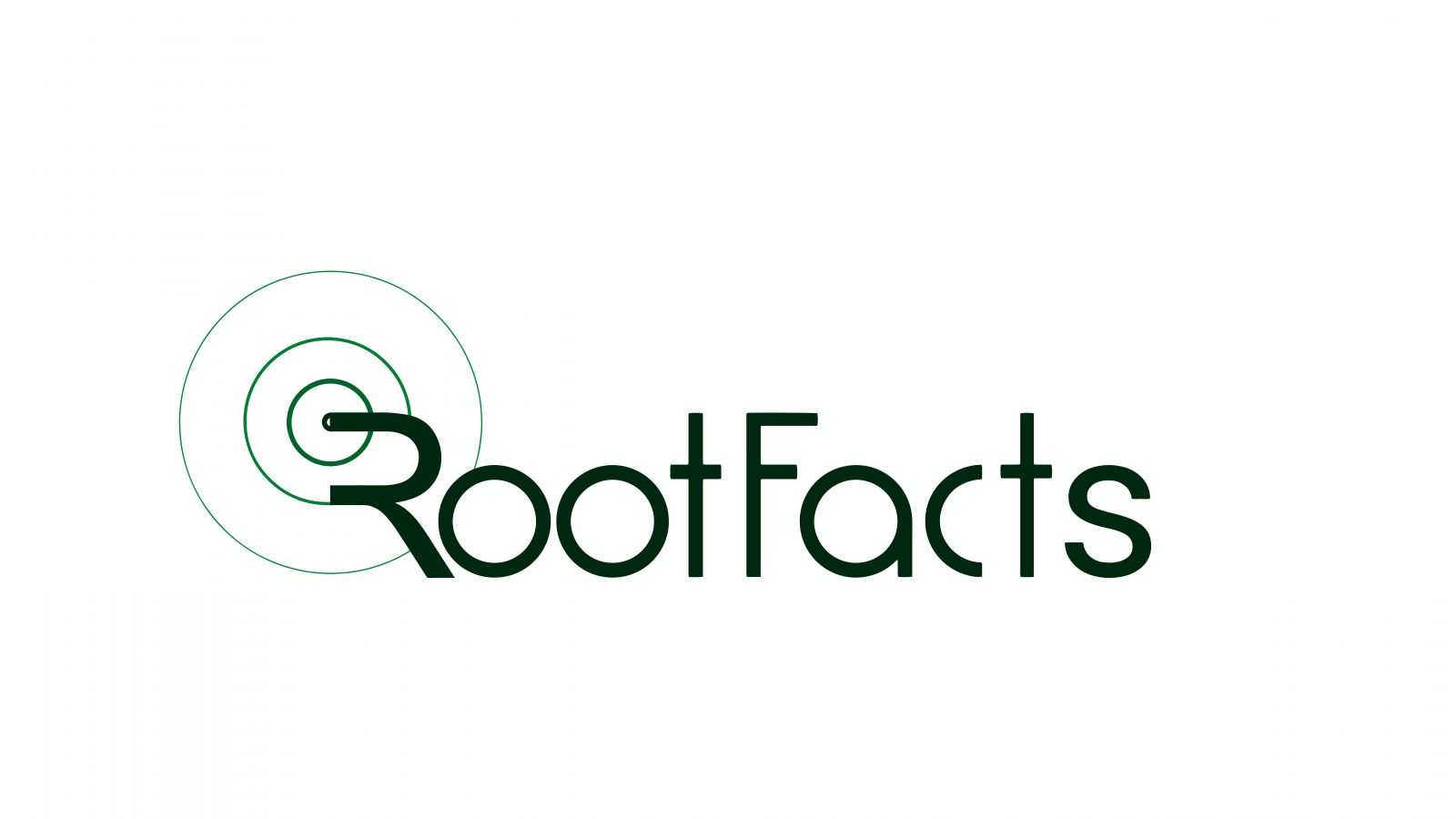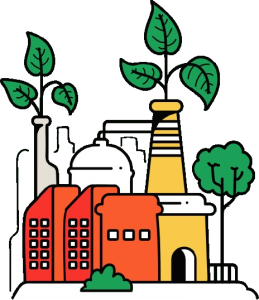Education the Public on Water Conservation

Promoting Water Conservation by Public Education
Water, the nectar of life, is a restricted asset facing advancing challenge from climate change and population growth. It is crucial to promote public understanding of water scarcity, conservation practices, and sustainable water management values. This is where Public Education and Awareness (PEA) programs come in as an important tool. Our Company, a pioneer in creative water industry solutions has equipped utilities with impactful PEA services to foster an informed and responsible water stewardship generation.
This expansive manual examines the significance of PEA in the water sector; it also delves into Rootfacts unique offerings and emphasizes on how they benefit utilities and communities respectively.
The Significance of PEA in the Water Industry
However, traditional approaches to managing water often focus only on infrastructure investment and technological advancement. Nevertheless, one essential element for long-term water sustainability is fostering public awareness and involvement. Effective PEA programs emphasize:
Water Conservation
Public awareness about the value of saving water through knowledge of efficient use can significantly reduce household or commercial consumption.
Responsible Water Use
Educating people about proper usage patterns related to treatment makes it possible to prevent pollution while maintaining usable quantities of this liquid resource.
Appreciation for Water Infrastructure
Raising awareness about complex networks involved in clean drinking supply enables citizens to appreciate their importance hence support investments needed for their maintenance.
Preparedness for Water Emergencies
Teaching communities response skills towards shortages such as droughts or contamination events can reduce disruptions thereby ensuring public safety.
Building Trust and Transparency
Good public communications between consumers & utility providers enhance cooperation when addressing issues that involve clean fresh waters sources

Challenges Facing Traditional Public Education And Awareness Initiatives
Traditional PEA initiatives are often faced with different challenges:
Rootfacts Public Education and Awareness Solutions: A Multi-faceted Approach
The company provides several services that overcome these barriers:
Interactive Educational Materials
Our employs interactive websites, social media campaigns, educational games, and community events to promote water conservation and responsible use.
Public Relations and Media Outreach
Effective press releases are prepared by the company while media activities like press conferences are organized locally so as to extoll the virtues of sustainable water management.
Audience Segmentation and Targeting
We collaborates with utilities to understand community demographics and develop targeted communication strategies for different age groups, ethnicities, and socio-economic backgrounds.
School Outreach Programs
Partnerships with schools for incorporating water conservation education into curricula could produce environmental awareness in future generations.
Data-driven Program Evaluation
To assess how successful their PEA programs are at any given time, We approach involves surveys as well as analysis of water consumption rates among other methods used to evaluate these programs over a given period of time during which they have made relevant adjustments for improvements where necessary.
Advantages of Our Public Education & Awareness Services
Water service providers implementing Rootfacts PEA services stand to benefit from various things such as:
- Reduced Water Consumption For instance, when customers have sound knowledge about ways through which they can save this resource it translates into significant drop offs in demand thereby relieving pressure on available water supplies.
- Transparency and open communication with the community can improve public relations and create trust among the people who in return support water utilities.
- Public consciousness of water regulation and practices responsible use also aids enforcement abatement consequently increasing compliance rates.
- Knowledge about water challenges and awareness make communities strong enough to engage in initiatives for sustainable development of their living conditions.
- Creating a culture of conserving water and using it responsibly will prepare way for a more sustainable future for the next generations.
Case Studies: Real-life Case Examples with Respect to Rootfacts PEA Initiatives
Here are some instances that display how Our PEA services have worked:
City X
Rootfacts launched a school outreach program with City X that led to reduction of 10% in water consumption at participating schools by students
Town Y
During drought, Town Y engaged Rootfacts in developing social media campaign on conservation of water which saw an increment in online engagement by 20% as well as observable changes in use patterns for this resource.
District Z
District Z partnered with Rootfacts to develop an interactive website where they could find diverse sources aimed at reducing water consumption that led to considerable increase in traffic on its web pages and involvement related to water saving.


